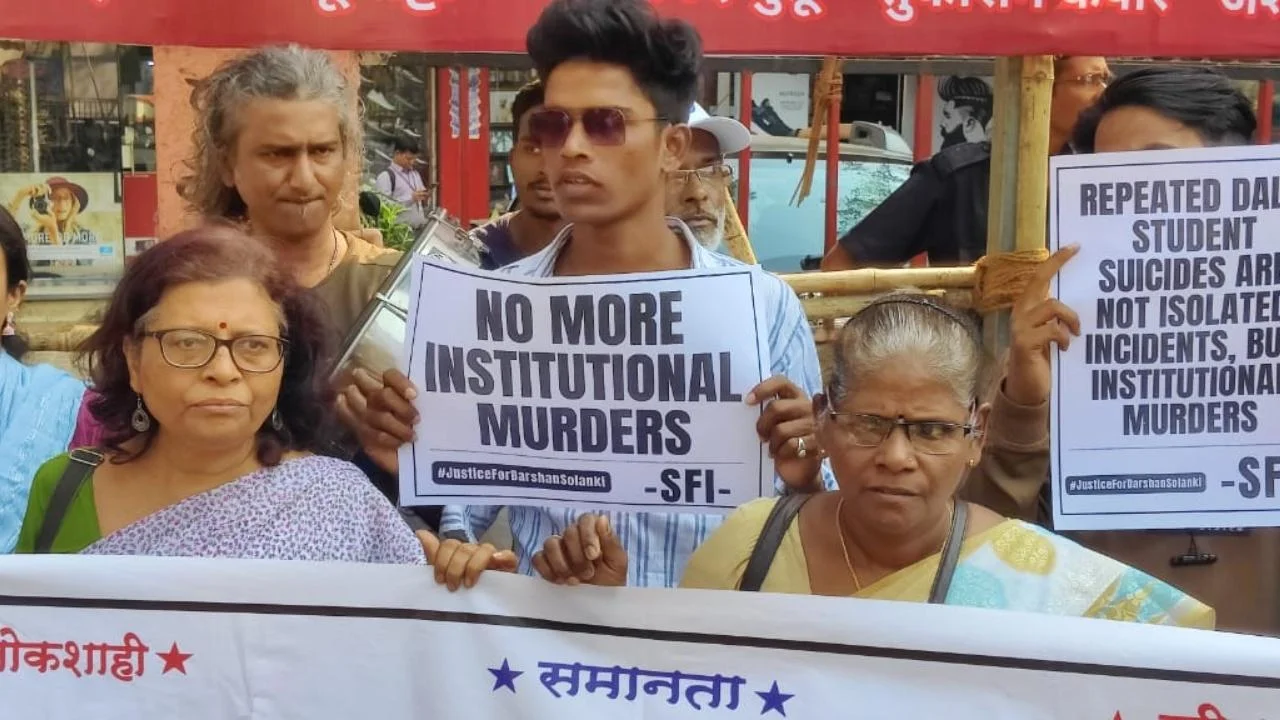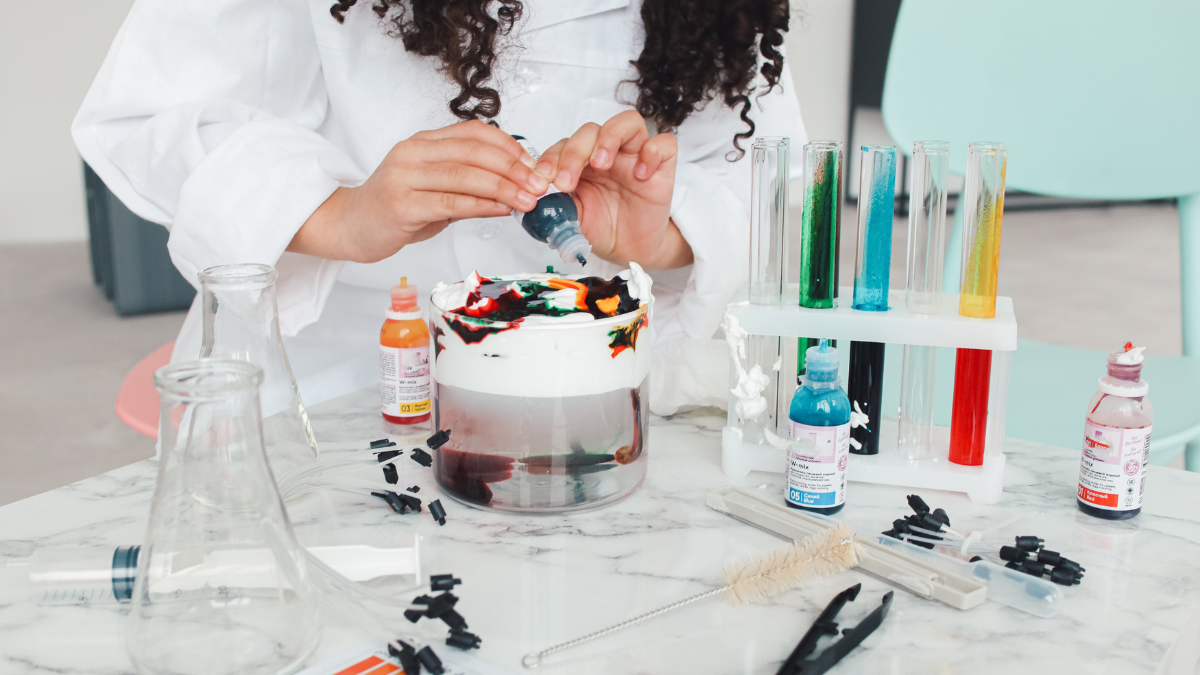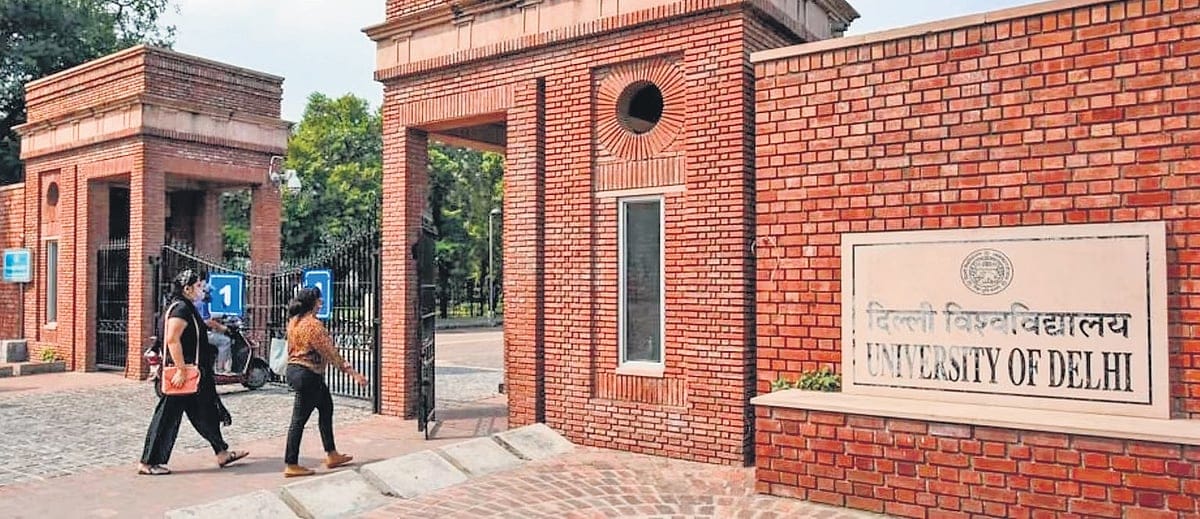Editor’s Note: This month, that is August 2020, FII’s #MoodOfTheMonth is Campus Experiences, where we invite various articles to highlight the diverse range of encounters we often confront when we are a part of any educational institution or space for learning be it schools, universities, colleges, tuitions and home. If you’d like to share your article, email us at pragya@feminisminindia.com.
Maths was never my favourite subject. I was always riddled with anxiety in the days leading up to a maths exam. This anxiety would accumulate over the course of the term, gradually deepening in intensity until it reached a terrifying, debilitating crescendo the night before the exam, where I would choke back fast-falling tears while attempting to sleep.
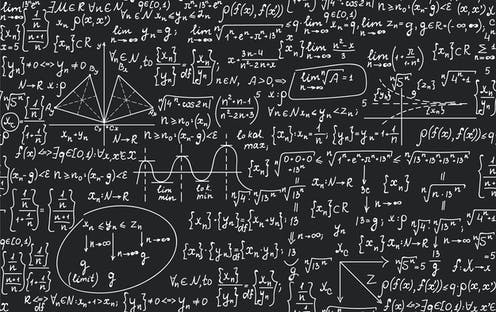
Looking back, I realize that I needn’t have been so anxious. I was not actually bad at maths. I could just never score a hundred percent. I did very well in other subjects, and even in maths, I was always much above average. However, I belonged to a family where maths was regarded as a measure of a person’s intelligence, and always felt stupid in comparison with everyone else in the family. Stories of aunts and cousins who would unfailingly score a hundred in every maths exam were narrated to me almost every day, perhaps to inspire me. However, each story was like a heavy rock, weighing me down with the burden of what was implied but never articulated—that I was unworthy and unintelligent.
I wanted to be good at maths because I wanted society to perceive me as someone who had something of value to contribute to the world. I had strong female role models at home, and went to an all-girls school where students were encouraged to be ambitious and to eventually become doctors, engineers and chartered accountants. I did not grow up with a gendered experience of maths—I was always told that if I wanted to be good at anything, I would have to work hard. If I wanted a ‘serious’ career (and it was expected that I would have one), I needed good marks in maths.
I had friends at school who seemed to possess an almost intuitive understanding of maths, and I envied them. Their notebooks were filled with rows and rows of small, neat numbers, arranged in methodical, logical steps. My notebooks on the other hand, consisted of a few lines of large, relatively neat numbers that descended rather quickly into unintelligible squiggles. I felt an overwhelming sense of shame when family members asked for my marks—my cheeks burning with the realization that the only subject they really wanted to know about was maths.
Ma’am did not think I was bad at maths at all, but that was not what changed the way I began to approach the subject. She made me realize that it did not matter if I was actually bad at maths. I had other skills. Creativity and intelligence could be measured in different ways, and it was not from my (in)abilities in maths that I must derive my sense of worth. This was a radical idea—that I was not defined by my weaknesses but could instead choose to define myself through my strengths.
My parents and various tuition teachers tried their best to teach me the subject, and while I understood the concepts and practised regularly, I could never stop making ‘careless’ mistakes. In the world I lived in, hard work was supposed to be the great equalizer. If hard work had failed in my case, maybe something was inherently wrong with me.
In 2009, when I was in the ninth standard, my family enrolled me in a tuition class called ‘Excel’ for maths. The kindly couple who ran Excel had also taught my aunt seventeen years before. Mrs. Pinto (‘Ma’am’) taught maths to ninth and tenth standard students from various schools across Bangalore in different batches, and I was in a batch with twenty other students from my school. Mr. Pinto (‘Sir’) taught English, and would often pop into the maths class to teach us a new word or fun strategy to remember spellings. Initially, I was nervous, and awaited the inevitable breakdown that would signal my departure from yet another maths tuition. However, to my surprise, that moment never came.
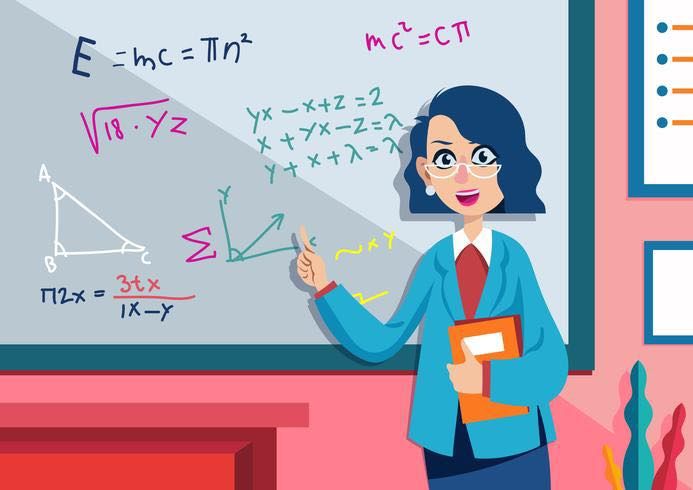
Over the next few months, my anxiety began to dissipate. Ma’am was an excellent teacher and a hard taskmaster. Regular assignments and mock-tests ensured that I was practising every day. I had had many other good teachers teach me maths by this point, including my long-suffering mother, but this experience was very different. I found in Sir a kindred spirit, with a shared love for literature. He encouraged me to write, and told me that my vivid, unbridled imagination and penchant for big words was unique. He said that my passion for storytelling itself was a gift to the world. I had never entertained the idea that I had anything to offer to the world, because I was not great at that one skill (maths) that eluded me. Finding someone who believed that I had a gift was a novel experience.
Ma’am did not think I was bad at maths at all, but that was not what changed the way I began to approach the subject. She made me realize that it did not matter if I was actually bad at maths. I had other skills. Creativity and intelligence could be measured in different ways, and it was not from my (in)abilities in maths that I must derive my sense of worth. This was a radical idea—that I was not defined by my weaknesses but could instead choose to define myself through my strengths. The first time a story I’d written was published in the newspaper, I remember being more excited about showing it to Ma’am and Sir than to my parents. My family was also appreciative of my writing. I could sense the heavy burden in my heart easing gradually but markedly as each story or poem was published.
This shift in my self-perception reduced my anxiety. I began to dissociate my worth from my marks, and was no longer as nervous before a maths exam. I even began to enjoy maths a little. I had always known in my heart that this was not something I was ever going to be passionate about or brilliant at, but finally realized that it did not matter if I was not.
During my tenth standard maths board exam, I waited for the familiar sense of dread to envelope me. There were a few questions that I did not know how to solve, and a particularly stubborn graph that I just could not figure out how to draw. However, in a liberating moment, I realized that it didn’t matter. I had practised hard and done my best, and even if my marks were not great, it was not the end of the world and I was not less worthy because of it.
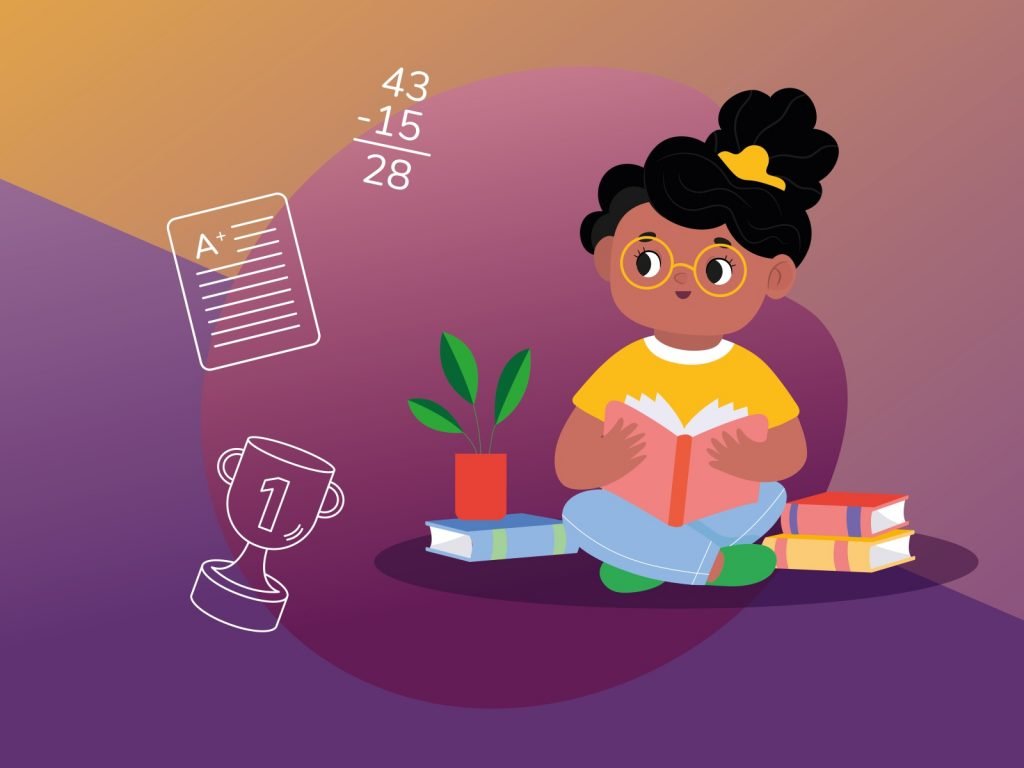
After my results came out, it was time for me to decide which ‘stream’ to join. My marks allowed me the freedom to decide between all three streams. It was expected that I would take science with the (now less) dreadful maths, but I decided to choose humanities instead (without maths). I had the option of taking humanities with maths, and did grapple with the question of whether I wanted to continue with maths. I ultimately decided not to.
I have had excellent and supportive professors and mentors at law school, but I think Ma’am and Sir have (perhaps unknowingly) played the greatest role in fortifying my decision to eventually join academia. I don’t know if Ma’am or Sir would identify as feminists. However, looking back, I realize that they were distinctly feminist in their pedagogy. They understood the importance of harnessing the transformative power of love.
It may be a rather surprising decision to the readers of this story. The story is, after all, about how two very special teachers lessened my anxiety around maths. However, when I said goodbye to advanced mathematics, it was my way of finally making peace with myself. I no longer felt a desperate need to prove myself by successfully wrestling with a subject I did not love. Studying at Excel definitely improved my maths skills, but most importantly, it had taught me to define myself outside of my marks.
Also read: To Choose Or Not To Choose Science: Gendering Of Higher Education
In twelfth standard, a small segment of the psychology course required some study of maths and statistics. This time, I enjoyed solving the problems, free as I was from the pressure of having to score full marks. I also studied maths for the law entrance exams, and it was not as scary as it would have been earlier.
While at law school, I started reading the work of feminist thinker bell hooks. My favourite work of bell hooks is her collection of essays on teaching (Teaching to Transgress 1994). Her chapter on ‘Teaching with Love’ was particularly evocative, and an intensely emotional reading experience. Hooks speaks of the importance of love, care and emotion in the teaching process. Reading this chapter made me think instantly of Ma’am and Sir, whose kindness and compassion infused their pedagogy, empowering their students to forgive and value themselves, all while teaching them a lifelong lesson on the power of love.
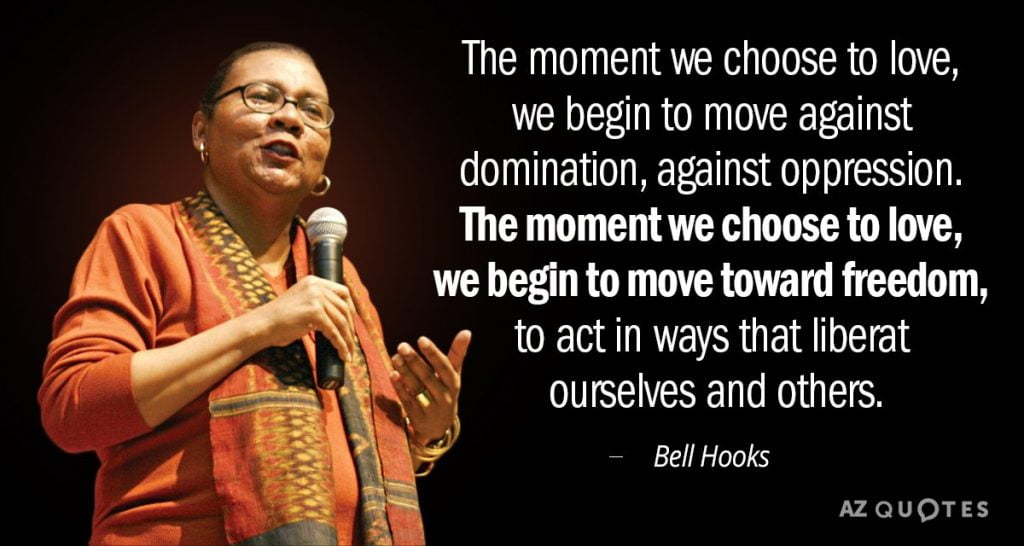
I have had excellent and supportive professors and mentors at law school, but I think Ma’am and Sir have (perhaps unknowingly) played the greatest role in fortifying my decision to eventually join academia. I don’t know if Ma’am or Sir would identify as feminists. However, looking back, I realize that they were distinctly feminist in their pedagogy. They understood the importance of harnessing the transformative power of love.
Also read: A Feminist Approach To Masculinity: How Schools Impose Binaries
It has been nine years since I graduated from Excel, and I continue to remain in touch with them. I hope that when I do start teaching, I will continue to honour this heritage by being an empathetic academic who tells her students that they have the power to script their own identities, independent of their marks.
Malavika is a lawyer who is passionate about fiction, documentaries and art. She is also a pet-mom to six dogs. You can find her on LinkedIn and Instagram.

